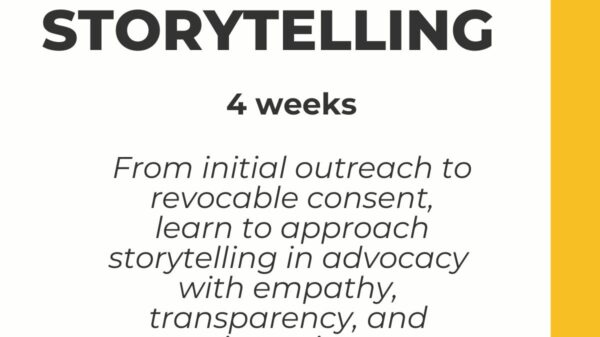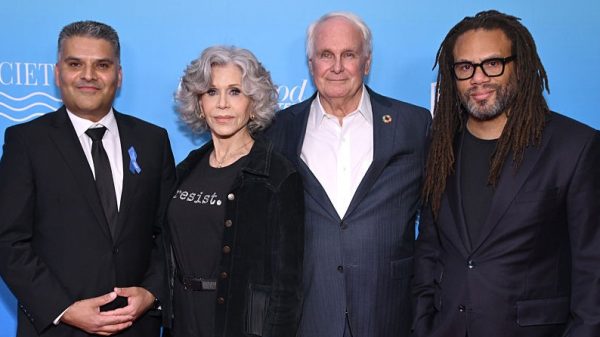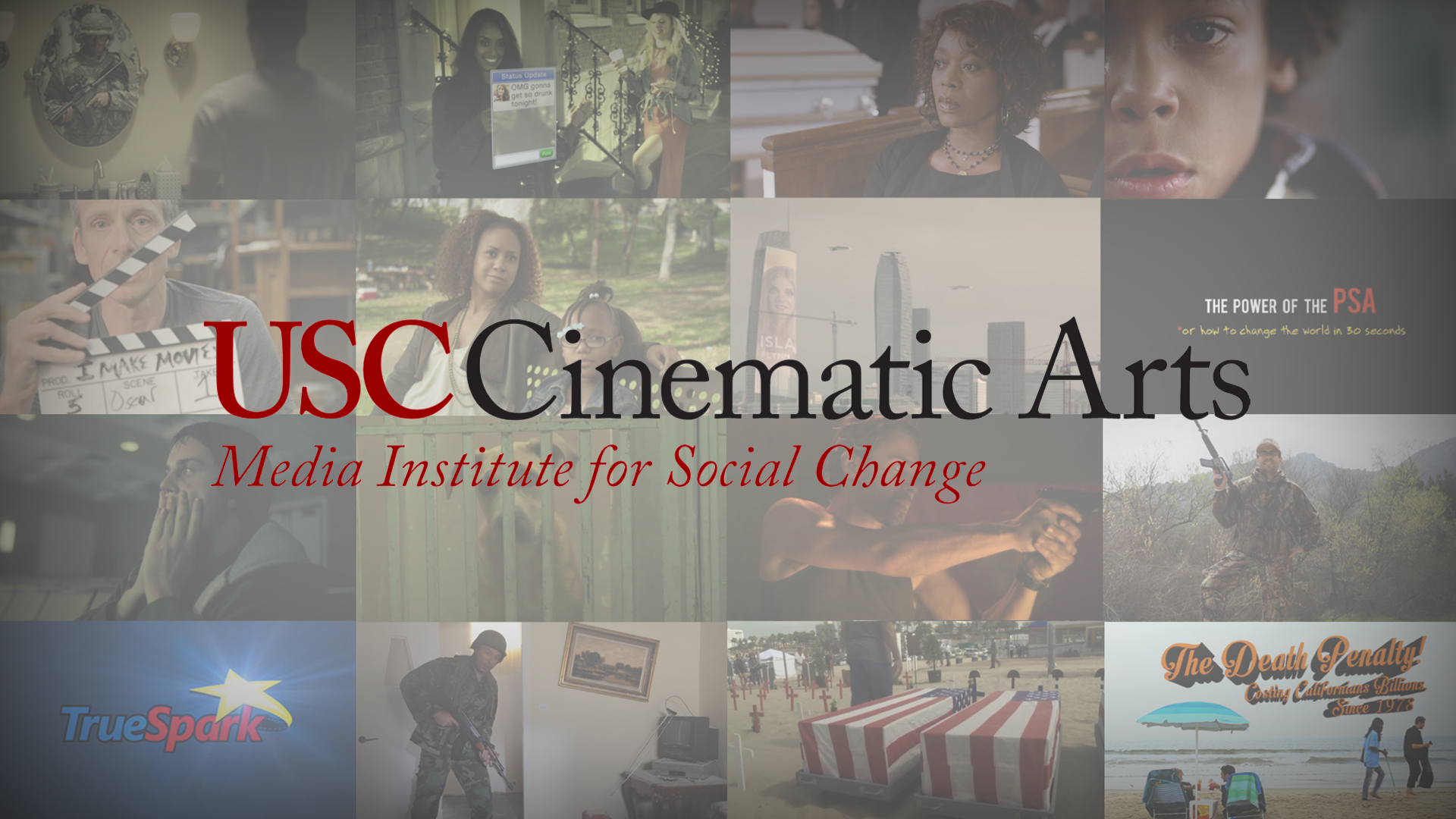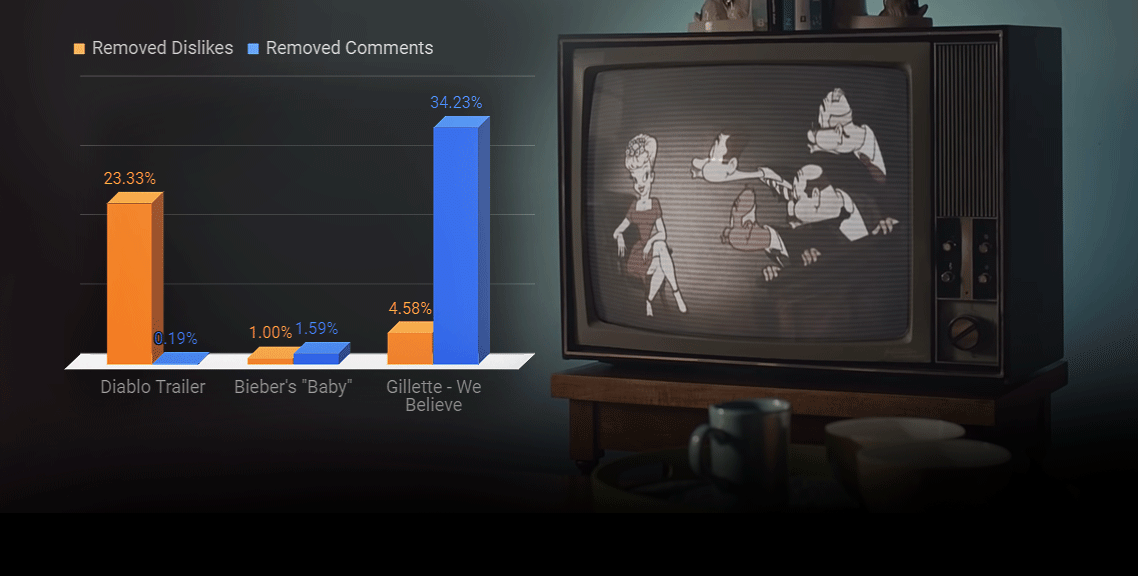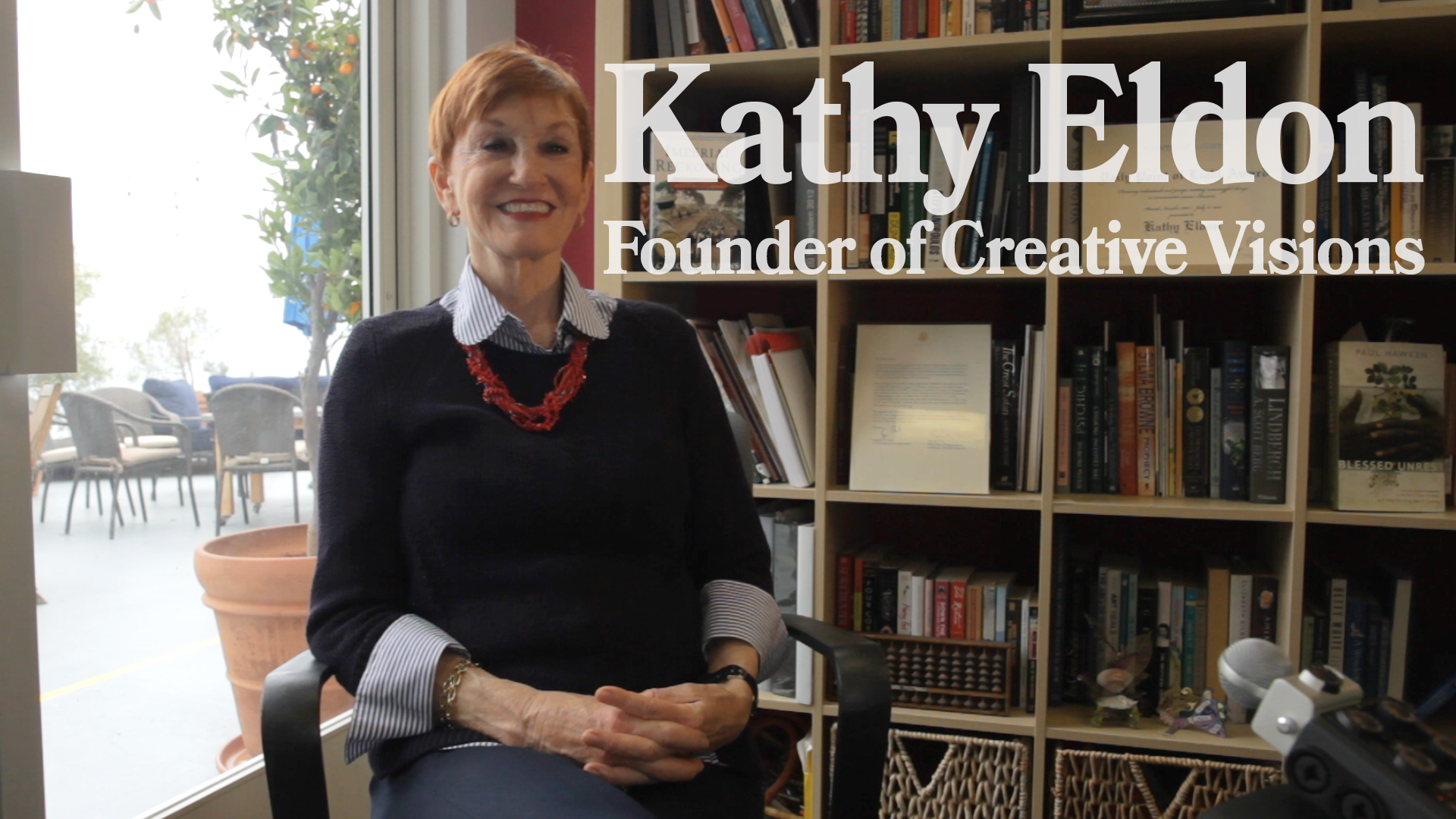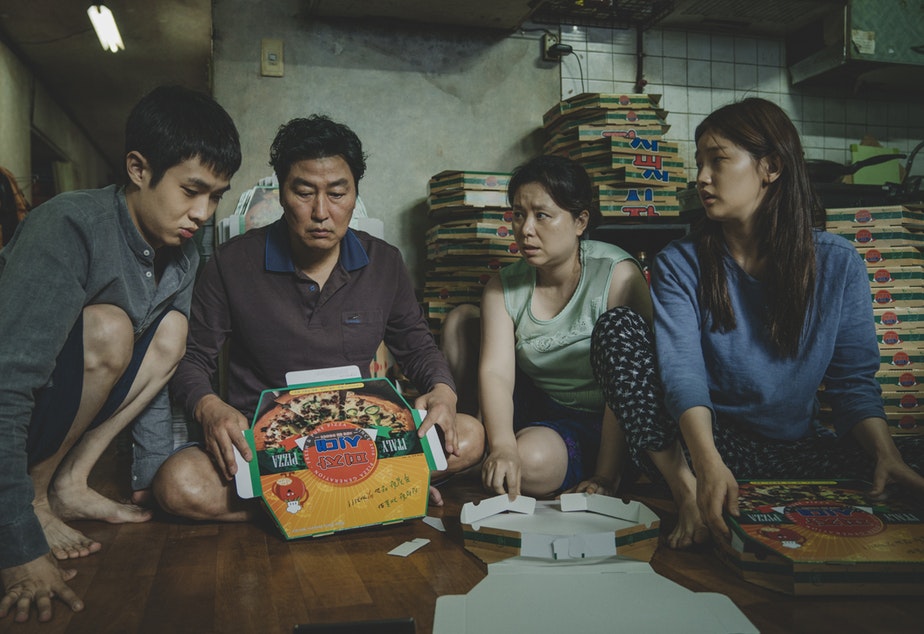When Bong Joon-ho’s Parasite won multiple Oscars at this past weekend’s 92nd Academy Awards, the reaction was one of almost unanimous joy from the attendees and much of the American audience. Setting aside the remarkable achievement of a South Korean movie being the first to win Best Picture, this was due to the fact that so many people have been able to identify with Bong’s film, engaging in its central metaphor(s) in their own individual ways. Everyone from public school students to Chrissy Teigen have expressed their affection for the film on social media, proving that the movie has reached an impressively broad audience. The irony of these reactions is noting how each viewer sees themselves in the film without critique—those public school students find nothing wrong with the extreme lengths the movie’s poor family goes to, and wealthy celebrities praise the movie one minute while blithely discussing their personal excesses the next. Parasite is a film about class with a capital “C,” not a polemic but an honest and unflinching satire that targets everyone trapped within the bonds of capitalism.
Part of Parasite’s cleverness in its social commentary is how it depicts each class in such a way as to support the viewer’s inherent biases. If you’re in the middle-to-lower classes, you find the Kim’s crafty and charming, and echo their critiques of the Park’s obscene wealth and ignorance. If you’re a part of the upper class, you empathize with the Park’s juggling of responsibilities while indulging in their wealth, and have a natural suspicion toward (if not revulsion of) the poor. If you have a foot in both worlds, like housekeeper Moon-gwang and her husband Geun-sae, you can understand how the two of them wish to not upset the balance, so that they can secretly and quietly profit. All throughout Parasite, there’s a point of view to lock onto.
The point of the film is not to single out one of these groups as villainous, but to show how they’re part of a system that is the true source of evil. The movie has been criticized for lacking a person (or persons) to easily blame, which would of course be more comforting dramatically. Bong (along with co-writer Han Jin-won) instead makes the invisible systems of class and capitalism the true culprit, which is seen most prominently at the end of the film. All the characters are present at the same party, whether as hosts, guests, help, or uninvited crashers, and each class group suffers a mortal loss. It’s all part of the tension built throughout the movie coming to a head, yet there’s an inevitability to these deaths as well, a price each group inadvertently pays to keep the corrupt system they’re all a part of running. In this fashion, the movie is reminiscent of several works of dystopian fiction, such as Shirley Jackson’s “The Lottery,” and Aldous Huxley’s “Brave New World.” The film particularly recalls Ursula K. Le Guin’s short story “The Ones Who Walk Away from Omelas,” in which a utopian society is dependent on the continual torture and misery of a single child. Every system demands sacrifice, and Bong and Han make clear that that sacrifice is paid many times over.
The real twist of the knife in Parasite is the epilogue, which reveals that the real point of the class and capitalist systems is to keep as many people in their place as possible. The Park’s remain wealthy, and easily move away from their old house. The Kim’s remain in their same squalid hovel, with their patriarch now stuck in the basement hideaway of the Park’s old home. In “Omelas,” the tortured child is kept in a basement, as well, and where that story tells of individuals who reject that system and choose to leave it, Parasite shows that everyone has chosen to stay, with the erroneous belief that they can eventually change their place. The film’s intense relatability is likely the main reason for it being so beloved, yet it’s the messages it sneaks in that will hopefully be its most lasting social impact. All of us are still trapped within the system, but at least the secret of how it fails us and how it lies has managed to escape the basement. Let’s hope we can eventually escape, too.



